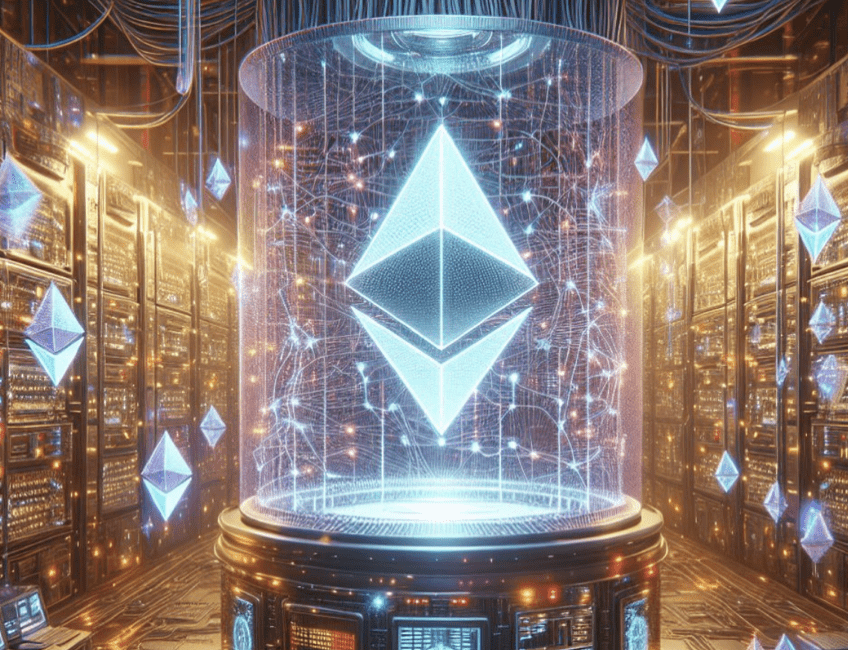Published
5 years ago on
September 05, 2018
Google's Ethereum Tool Shows 'Big G' Is Big On Blockchain
The most revolutionary invention in modern finance is being celebrated this week by cryptocurrency fans for its 10th-year anniversary. “Bitcoin Art (r)evolution” is a crypto-art exhibition in Paris that lasts through the first week of October and it showcases Bitcoin (BTC) inspired artistry from contributors all …

PR
April 24, 2024
PawFury: Crypto’s Rising Star Amid Bitcoin Halving Frenzy

PR
April 23, 2024
PawFury Crypto Presale Stage 2 Coming to a Close, Stage 3 Fast Approaching – An Investment Frenzy Unfolds!

Altcoins
April 23, 2024





